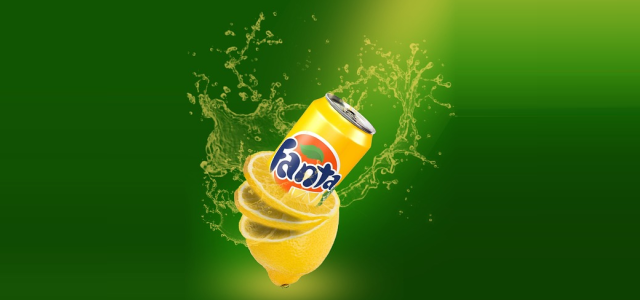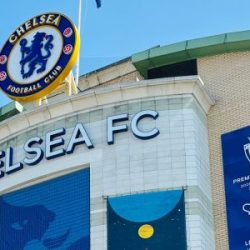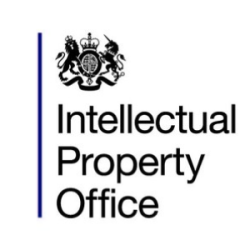 Current political situation added shades to intellectual property cases. Some foreign companies left the Russian market and this makes us cast a new look on the situation on the Russian market.
Current political situation added shades to intellectual property cases. Some foreign companies left the Russian market and this makes us cast a new look on the situation on the Russian market.
Contrary to the opinion of analysts Russian intellectual property has not undergone any changes. Practice of the patent office and law enforcement bodies confirm this.
One of the cases that stirred public opinion is the case of Coca Cola. Its distributor announced that he will not produce and sell his beverages in Russia. His intellectual property however remains intact.
The story started back in 2021 when “Pevoindustry Ltd”, a Russian company, attempted to bring to Russia 24 cans of FANTA, a non-alcoholic drink (case No А41-82238/2021).
The customs stopped the consignment and notified the trademark owner of same. Coca Cola sued the importer claiming to apply injunction and not release the goods. The plaintiff rightly believed that if the goods would have been released it would be difficult to determine their further location and take any measures.
The Moscow commercial court satisfied Coca Cola’s claims and prohibited release of the goods from the customs to the market. The judgment was appealed by the infringer. The case of 24 cans was examined during many months including in the IP court. Every time the infringer stressed that the goods were not intended for sale but for certain tests.
February of 2022 saw the onset of events in the Ukraine. Some companies including Coca Cola left the Russian market however protection of the trademark was not affected. Every time the courts examining the case did not change their approach. The infringer appealed the judgment without success and claims of the trademark owner were satisfied.
The plaintiff never raised the question of counterfeit character of the product. So it seems that the goods had been brought as forbidden parallel import. In fact, parallel import was allowed in 2022 for some goods whose shortage is felt on the market. FANTA did not fall into that bracket. Interestingly, horse whips were included in the allowed list, probably an item utterly needed by Russians while the Russian industry does not have technologies required for making those highly sophisticated goods.
Finally, the IP court ruled in November of 2022 that the judgment of the Moscow 1st instance court should be upheld. The customs were not allowed to release the goods.
It is worth noting that the chairperson of the IP court said in a recent interview that the court evaluates the behavior of the party and not its allegiance to an unfriendly country.
The above example shows that the courts issue fair judgments related to intellectual property though there has been one case falling out of the normal judicial practice. This is the notorious case of Peppa Pig. The court dismissed the claims of a British company as being from an unfriendly country. That judgment was overturned by the appeal court but between the first judgment and the final judgment several months passed during which there unrolled unprecedented campaign discrediting intellectual property in Russia in general. The articles published in the media asserted that no IP rights are protected in Russia, that Russia steals IP rights, etc. The patent office and the IP court disavowed those allegations though that notorious judgment of the first instance court brought serious reputational damage to Russia.
In the meantime, a similar case occurred. ABRO, a US company operated on the Russian market. It produces car care products and household chemistry. It has registered trademarks. An individual entrepreneur was selling silicone grease under “ABRO MASTERS” label. The court issued a judgment against the US company. That was before the final judgment on Peppa Pig was announced.
The judgment was appealed by ABRO and the hearing was postponed a number of times. When the court asked the plaintiff to bring the counterfeit products to the hearing the plaintiff withdrew the suit.
It may be assumed that the products were original so that the plaintiff had no chances to recognize them as counterfeit. If the hearing would have taken place the court would have simply changed the motivation in its judgment in the wake of Peppa Pig case and dismissed the claims all the same.
Written by Vladimir Biriulin, Partner at Gorodissky & Partners.
| MORE NEWS | | WRITE FOR OUR NEWSLETTER |









